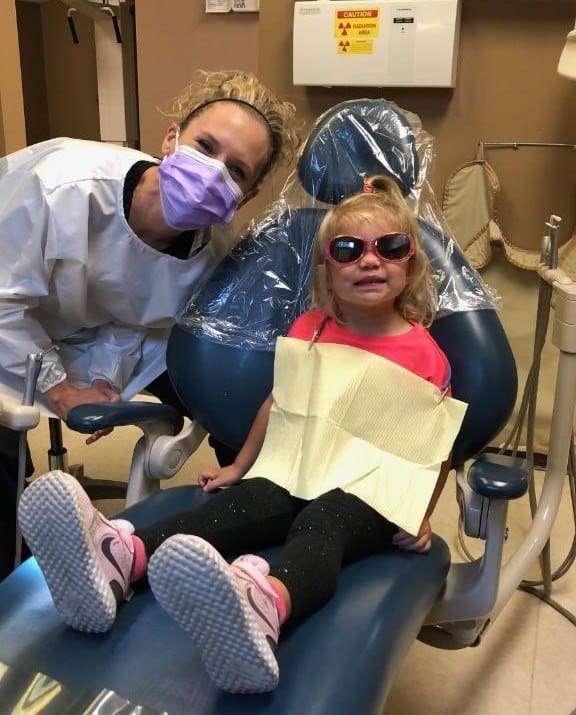It was a typical Saturday morning in the Martin household, with the smell of freshly brewed coffee wafting through the air and the sound of cartoons in the background. Sarah, a busy mom of two, was preparing breakfast—a balanced meal of scrambled eggs, toast, and a glass of orange juice. As she set the table, she thought about how much effort she put into providing nutritious meals for her family. But as the kids eagerly drank their juice, she couldn’t help but wonder: Is everything on this table as healthy as it seems, especially for their teeth? Little did Sarah know, the foods and drinks she considered healthy might be quietly undermining her family’s oral health. In this article, we’ll explore the hidden ways diet impacts your teeth and gums—insights most parents never hear about.
The Double-Edged Sword of Sugary and Acidic Foods
When we think of oral health enemies, sugary snacks and drinks are often the first culprits that come to mind. But did you know that acidic foods can be just as harmful? While that morning glass of orange juice is packed with vitamins, its high acidity can erode tooth enamel over time. According to a study published in the British Dental Journal, regular consumption of acidic foods and beverages, like citrus fruits, tomatoes, and even sparkling water, can soften enamel, leading to increased sensitivity and a higher risk of cavities. This erosion often goes unnoticed until significant damage has occurred, making it a silent threat to your family’s smiles.
Sugar’s Sneaky Presence in “Healthy” Foods
It’s easy to spot the sugar in candies and desserts, but what about in foods we often consider healthy? Granola bars, flavored yogurt, and even some breakfast cereals can contain surprising amounts of added sugars. A report by the American Heart Association highlighted that added sugars in these seemingly healthy foods contribute significantly to tooth decay, especially in children. The sticky nature of these foods means that sugar can linger on teeth longer, providing a feast for cavity-causing bacteria. It’s crucial to read labels carefully and choose products with little to no added sugar to protect your family’s oral health.
The Unsung Heroes: Foods That Protect and Strengthen Teeth
While certain foods can harm your teeth, others can play a protective role. Dairy products like cheese and yogurt are rich in calcium and phosphate, which help to remineralize enamel. Leafy greens such as spinach and kale are not only packed with vitamins and minerals that strengthen teeth and gums, but they also stimulate saliva production, which naturally cleanses the mouth. A fascinating study published in the Journal of Clinical Nutrition found that foods high in polyphenols, like green tea and berries, can reduce gum inflammation and lower the risk of periodontal disease by inhibiting the growth of harmful bacteria.
Hydration: The Often Overlooked Key to Oral Health
Most people know that staying hydrated is essential for overall health, but few realize how important it is for oral health. Water is crucial in maintaining the balance of oral flora, washing away food particles, and keeping the mouth’s pH level neutral. According to the American Dental Association, drinking water, especially fluoridated water, can help prevent tooth decay by strengthening enamel and promoting saliva production, which naturally protects teeth. Encouraging your family to drink water throughout the day, especially after meals, can make a significant difference in maintaining a healthy smile.
As parents, we make countless decisions every day to ensure our family’s well-being. Understanding the less obvious ways diet impacts oral health is a powerful tool in protecting those we love. By being mindful of the hidden sugars in our food, the effects of acidic beverages, and the benefits of certain nutrient-rich foods, we can make choices that support not just a healthy body but a healthy smile.

